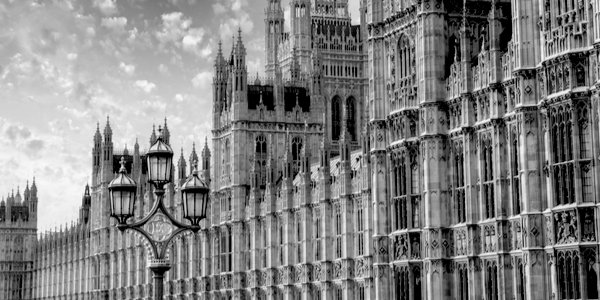THERE are moments when a free society tests its own foundations. The Children’s Wellbeing and Schools Bill is not merely a policy proposal; it is a constitutional turning point, a moment that asks: who truly raises a child – the parent, or the state?
Behind its benign title lies a sweeping shift in the balance between individual liberty and government control. If passed, this legislation will grant the State unprecedented powers over family life, religious expression, and educational freedom. Its language is careful, its tone reasonable, but its implications are chilling.
At its core, the Bill proposes:
- A national register of all home-educated children.
- Wide powers for local authorities to inspect independent or faith-based schools.
- The redefinition of ‘suitable education’ to reflect state-mandated values.
These measures are not responses to evidence-based failings. They are ideological instruments, tools designed to pressure minority communities into conformity and to centralise educational authority and homogenise what has always been a beautifully plural educational tradition.
Imagine this: a mother teaching her child literature and arithmetic at the kitchen table is ordered to submit her lesson plans to government officials. A father running a small private school is deemed unfit because his educational philosophy doesn’t align with prevailing political orthodoxy. This isn’t dystopian fiction; it is the foreseeable outcome of what this Bill enables.
In its impact assessments, the Government admits the aim is to ‘reduce segregation’ and promote ‘inclusive values’. But inclusion, stripped of nuance, becomes a cudgel, used not to welcome difference, but to erase it.
This is not safeguarding. It is suspicion codified into statute.
Legal experts have sounded the alarm:
- Mark Hill KC warns it breaches Article 2 of Protocol 1 of the European Convention on Human Rights.
- Aidan O’Neill KC describes it as ‘state surveillance of family life on an unprecedented scale.’
- David Wolfe KC calls it an incursion on parental rights unseen in over a century.
These are not cranks or campaigners. They are constitutional experts reading the law as written. Their message is unmistakable: this bill goes too far.
Under these proposals, the Government could dictate who is ‘fit’ to teach in private settings and what content is permissible. The pluralistic fabric of Britain – where religious schools, Steiner schools, home educators and community-led initiatives all coexist – would be sacrificed on the altar of ideological uniformity.
Lord Jackson has warned that families may be required to log ‘every hour’ of their child’s education. Lord Wei cautioned it could disproportionately target minority groups. Baroness Fox, Lord Frost, and others have voiced grave concern. Lord Baker of Dorking, himself a former Secretary of State for Education, called it what it is: a constitutional shift. One that transfers power from citizens to central command.
This is not the architecture of a democracy confident in its diversity. It is the scaffolding of a government afraid of it.
A nation does not become authoritarian overnight. It disappears incrementally, through quiet laws, misused powers, and noble-sounding reforms that go unchallenged.
The Schools Bill is not about the few. It is about all of us. It undermines the implicit contract between family and state. It repositions government from a protector of diversity to an enforcer of sameness.
What makes Britain great is not forced uniformity. It is that, for generations, people could disagree deeply and yet live freely. This Bill imperils that very tradition.
Some may dismiss these warnings. They don’t home educate. They don’t run independent schools. But precedent is a powerful thing. Once the State has the right to inspect, register, and ultimately approve how you raise your child, it has the right to deny it, too.
Today, it’s the religious parent; tomorrow, it’s the progressive one. The ideological pendulum swings, but rights, once lost, rarely swing back.
The Bill has passed its Second Reading in the House of Lords. It is now in Committee, line-by-line, clause-by-clause. This is the last moment to shape its final form.
We urge MPs, peers, journalists, educators and concerned citizens: read the Government’s own documentation. See the implications in black and white. Ask the hard questions.
Let this not be remembered as the moment Britain legislated away its pluralism and liberty.
Let it be remembered as the moment Parliament stood firm. And when conscience, and courage, prevailed.
This article appeared on the Rabbi’s Substack on May 11, 2025, and is republished by kind permission.











